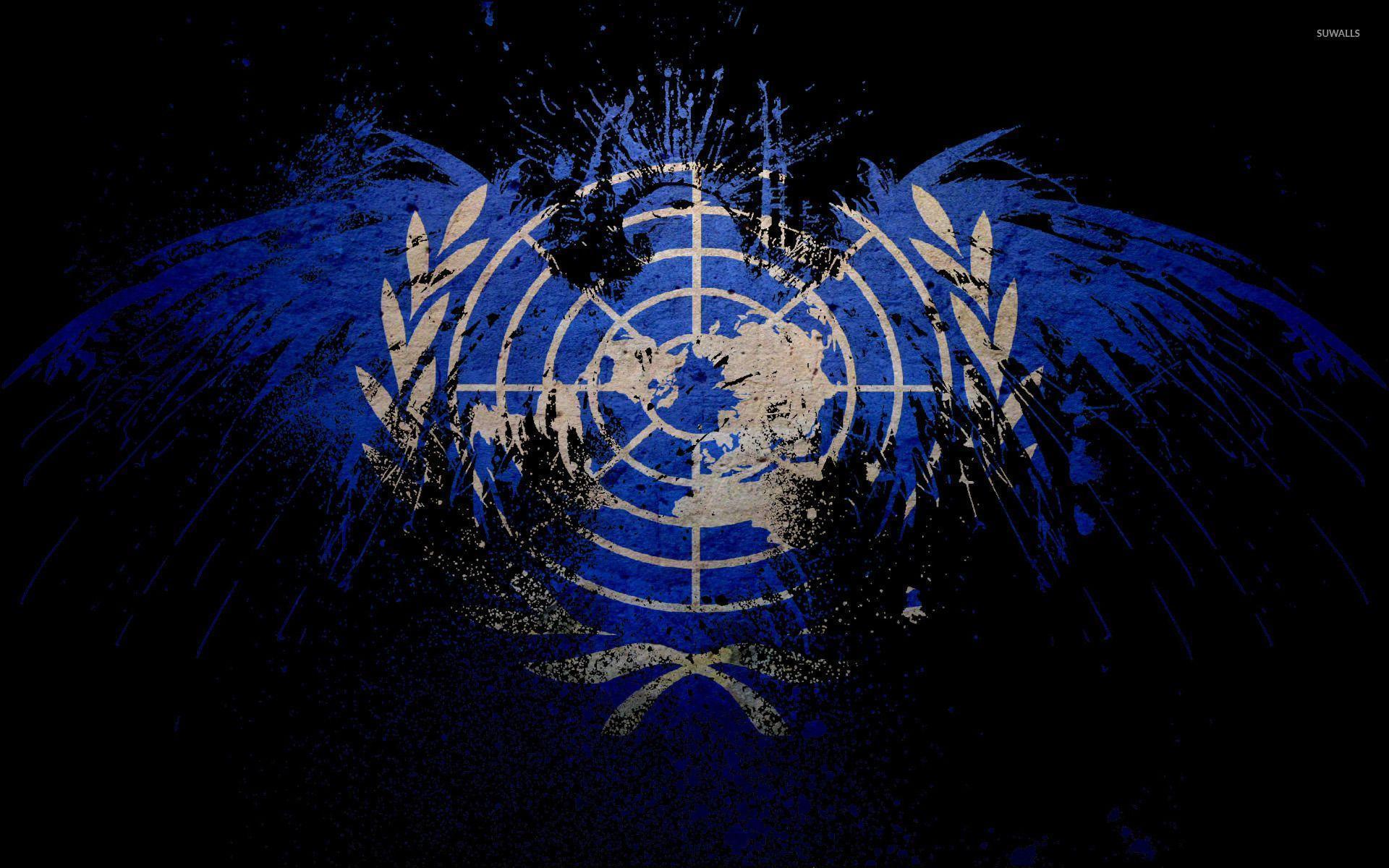Key terms: Jewish statehood, Palestinian statehood
Statehood provides the foundation on which the modern international legal order is built. The legal requirements for independent statehood in international law are a permanent population, defined territory, a government, and the capacity to enter into relations with other states.
Self-determination refers to the right of a people to freely determine their political status and pursue their economic, social and cultural development. Self-determination can, in principle, be realized in multiple different political arrangements, such as autonomy, confederation, association and joint condominium.
Thus, the right to self-determination and the notion of sovereign statehood are distinct legal concepts. Statehood is not a precondition for self-determination.
Application to Israel
Both the Jewish people and the Palestinian people have a right to self-determination. The State of Israel formally declared independence on 14 May 1948. It was rejected by Arab countries and the Arab Palestinian leadership, who engaged in a war for Israel’s destruction. Israel survived and the international community recognized Israel as a state. Thus, Israel meets the formal requirements for a sovereign state and was admitted it to the UN as a full member state on 11 May 1949.
The Palestinian Authority (“PA”) was created under the Oslo Accords between the Palestine Liberation Organization and the Israeli government, beginning in 1993. Under the Accords, Israel recognized the “legitimate rights” of the Palestinian people and undertook to engage in negotiations with the PA for a permanent status agreement with the Palestinians. The Accords did not create a Palestinian state. Progress in negotiations towards a final agreement has been limited.
The PA rejects recognition of a Jewish state. The PA has instead unilaterally pursued international recognition of Palestinian statehood. However, the unilateral steps of the PA amount to breaches of the Oslo Agreements and actually impede the negotiation process and stymie further negotiations.
In 2012, the UN General Assembly passed a resolution, supported by most European Union Member States, granting Palestine “non-member observer state status”. On that basis, the International Criminal Court’s Pre-Trial Chamber decided in 2021 that it considers Palestine as a State Party to that Court’s treaty, even though it is not a state in the formal legal sense.


